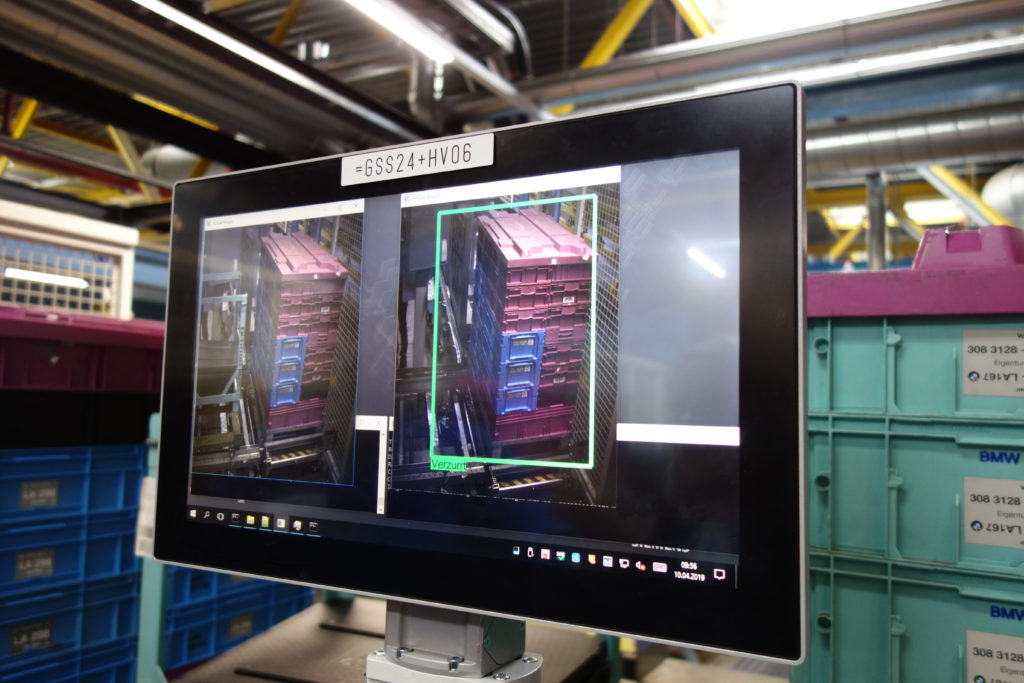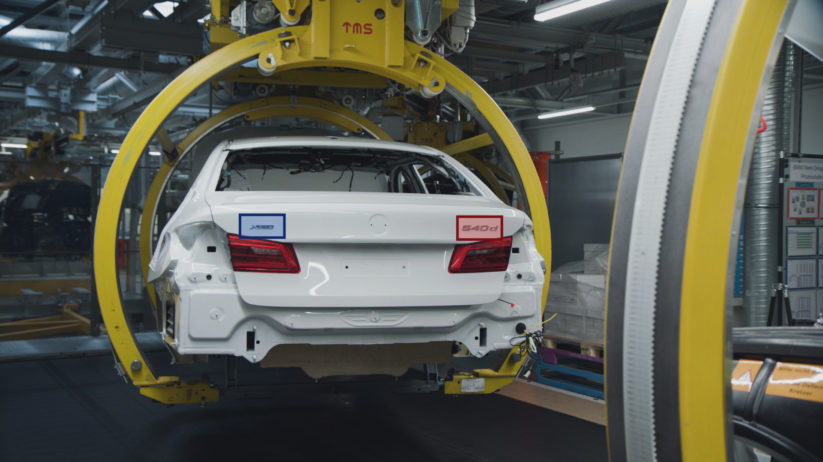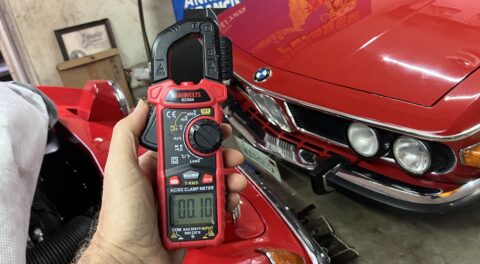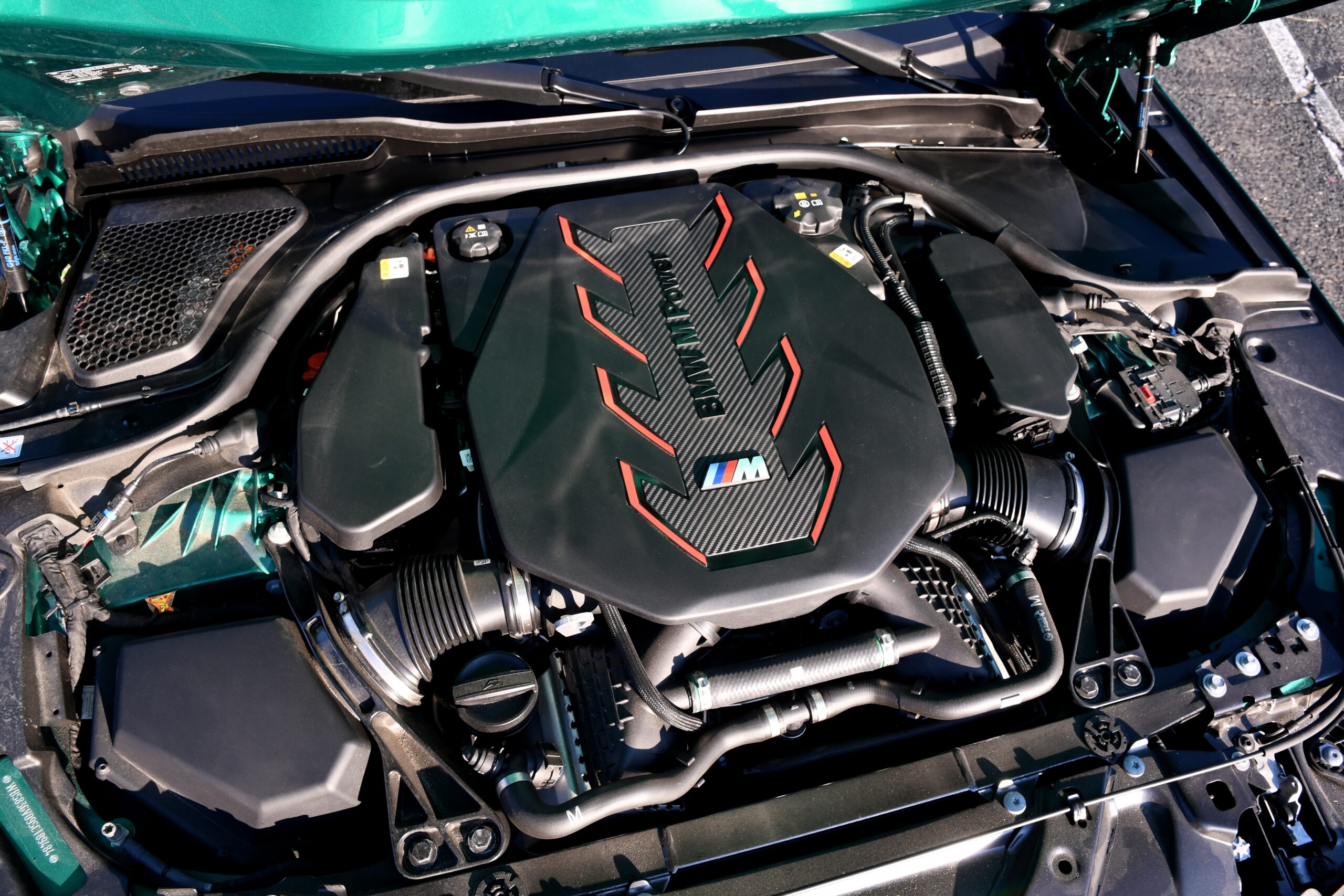BMW is continuing to develop new, innovative solutions to aid the manufacturing process, and the latest round of practices are using artificial intelligence to solve age-old production issues. From something as simple as verifying that a car is wearing the correct badge during final inspection, to detecting finite variances in raw materials as they arrive, digital imaging systems are proving themselves useful beyond their initial purposes, and are getting better and better at catching flaws the human eye would gloss over.
The analysis is happening faster than ever before as well, thanks to the latest in cutting-edge machine learning techniques that have been applied to analyzing inputs that can vary heavily. On a modern production line, very few things spend any time stationary, and lighting is far from optimal. Nonetheless, a database of thousands of photos taken by employees under different circumstances is used to make sure vehicles are properly equipped and outfitted as they make their way through a facility.

The same thing is happening with the automated conveyer systems which move crates of components, pieces, and materials through a manufacturing hall. An advanced camera system decides whether or not storage bins and crates need to be secured to their conveyance, while speeding lighter loads through the shortest route to a nearby lift. In the case of sheetmetal and other hard materials arriving at a production site, rather than the previous system which would inaccurately label deficiencies that were actually dust, the newest setup is more accurate, reliable, and faster than ever before. The elimination of so-called pseudo-defects is an important step in realizing maximum efficiency with minimal waste. Repetitive, monotonous tasks previously performed by hand are also now being replaced with AI-enabled systems, such as verifying if small pieces like windshield wiper arm caps have been installed properly, or if the European-market warning triangle has been fitted in the trunk.
Other advantages include cost and flexibility. Some of these systems can be setup by production employees, and require no coding of any kind to be implemented. The solutions are gradually taking the place of long-installed camera portals from previous generations of quality control apparatuses. Initial training, or learning for the systems may take as long as overnight in some instances, but after some test runs and minor adjustments, reliability rates of 100% are being realized. The latest AI tech also ties in with BMWs efforts in terms of using augmented reality, virtual reality, and wearable tech to realize the same goals.
Check out the short clips to below to see how BMW is maintaining an efficient edge on the rest of the automotive landscape, while still offering one of the most varied vehicle lineups.—Alex Tock
[Photos and videos courtesy BMW AG.]





















